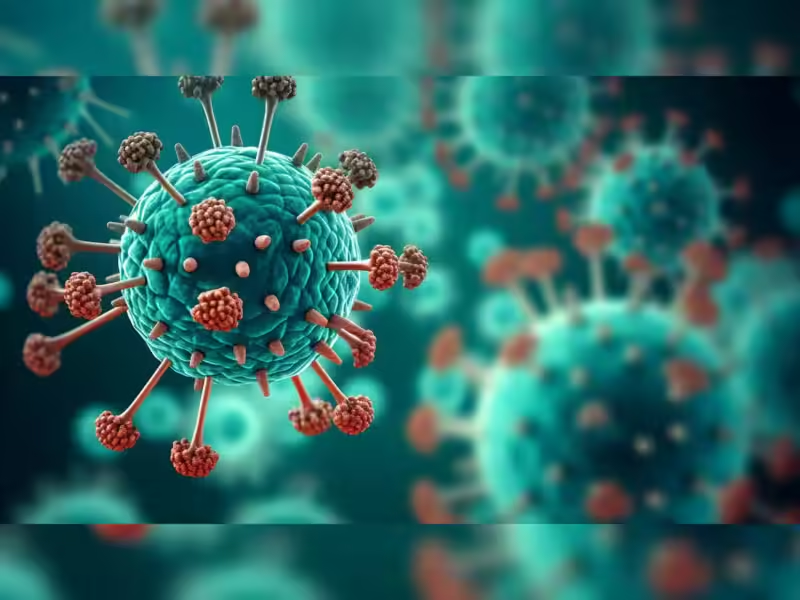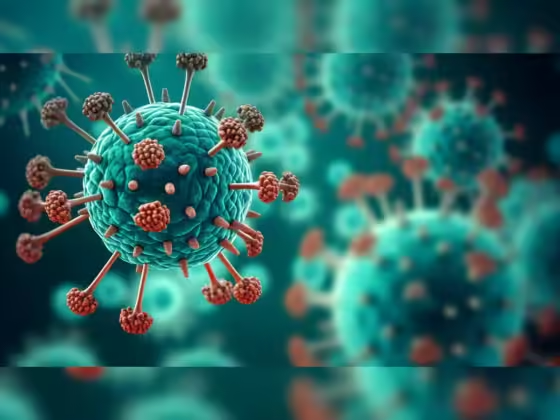New Delhi, 08 January 2025: Amid the rising cases of Human Metapneumovirus (HMPV) infections in India, the central government has intensified its surveillance efforts while advising citizens not to panic. The virus, which primarily affects the respiratory tract, has prompted states to activate health protocols, including isolation wards and enhanced testing facilities, to prevent its spread.
Strengthened Surveillance Measures
In response to the situation, the Health Ministry has directed states to increase monitoring of Influenza-Like Illness (ILI) and Severe Acute Respiratory Infections (SARI). Hospitals and health centers across the country are being instructed to screen suspected cases and ensure timely diagnosis and treatment. The ministry has also issued guidelines to state governments, urging them to spread awareness about the symptoms, preventive measures, and treatment options for HMPV.
Isolation wards have been set up in several states, including Gujarat, Maharashtra, and Karnataka, where confirmed cases have been reported. The Centre has emphasized the importance of adhering to COVID-era practices such as wearing masks, maintaining social distance, and frequent handwashing to mitigate the spread of the virus.
What is HMPV?
HMPV, a respiratory virus first identified in 2001, has been in circulation for over two decades. The virus affects both the upper and lower respiratory tract, causing symptoms such as fever, cough, nasal congestion, and difficulty breathing. Children, the elderly, and individuals with weakened immune systems are at a higher risk of severe complications from HMPV.
Unlike COVID-19, HMPV is not a new virus, and experts have assured that its spread can be controlled with existing medical infrastructure and awareness. However, the rising number of cases has put health authorities on high alert to prevent further escalation.
Expert Opinions on the Situation
Medical experts have stressed the need for vigilance but cautioned against undue alarm. “The symptoms of HMPV are similar to other respiratory illnesses, making early diagnosis critical,” said Dr. Rajesh Mishra, a pulmonologist. “While the virus can cause severe illness in vulnerable populations, it is not as contagious or deadly as COVID-19. Simple precautions and timely medical attention can significantly reduce the risk.”
Public Advisory: Stay Informed and Stay Safe
The government has reiterated that there is no need to panic but advised the public to stay informed about HMPV. Individuals experiencing symptoms such as persistent cough, fever, or breathing difficulties are encouraged to seek medical advice promptly.
Preventive measures like maintaining hygiene, avoiding crowded places, and wearing masks remain effective in reducing the risk of transmission. The government has also urged parents to monitor their children’s health closely, as young children are more susceptible to the virus.
While HMPV cases in India are a cause for concern, the Centre’s proactive steps and clear guidelines aim to prevent the situation from spiraling into a public health emergency. With heightened awareness, adherence to preventive measures, and robust healthcare protocols, the nation is well-equipped to handle this respiratory virus effectively.







